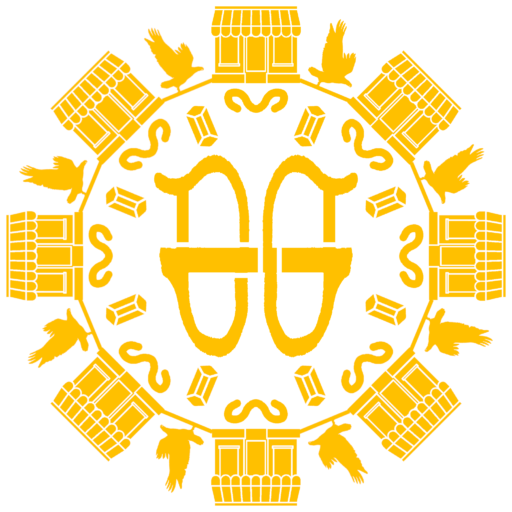In light of various brands, such as Aunt Jemima, being altered in the name of sensitivity, there are going to be criticisms about them. The reality is that these brands are not being \”canceled\” in terms of being in ceased production, rather they are simply changing the mascots and logos.
This has become the talking point that conservatives have adopted. I overheard a commentator–I believe it was Sean Spicer–on Newsmax positing \”Is the Lucky Charms brand offensive to Irish-Americans because the leprechaun is its mascot?\”
I cannot find the clip. All I can say is that I do not think Irish-Americans care about that cereal brand. It is also important to note that around 10% of all Americans claim Irish ancestry, yet the Irish-American identity is heavily represented in a positive light in America. One noted example being the inclusion of St. Patrick\’s Day as a national holiday. I highly doubt that people in America would associate Irish-Americans with leprechauns, or any of the stereotypes associated with Irish people in general.
Unless Irish-Americans were denied job opportunities, targeted by police, or being told \”Go back to Ireland\” based on the drunk Irish stereotype, there would not be mounting pressure to get rid of the mascot. Yes, Irish-Americans were unfairly targeted in the 19th century. However, that dissipated as soon as Irish-Americans were seen as indistinguishable from Anglo-Saxon-Americans. Any anti-Irish sentiment felt around the country disappeared by the time of the election of the first Irish Catholic American president, John F. Kennedy.
Stereotypes can only proliferate when there is misinformation on any group of people, based on some false sense of \”common knowledge.\” That was really the whole point of the change from Aunt Jemima to Pearl Milling Company. It really was not a change at all, rather this name belonged to the original company that made the ready-made pancake mix in 1888. That is educational. There is nothing educational about the name Aunt Jemima, who was based on the stereotype of the matriarchal mammy.
Coming back to Lucky the Leprechaun, in reality he is not based on Irish people themselves, rather on the leprechaun, which is a fictional humanoid creature in Irish mythology. It was not imposed upon the Irish, rather told by the Irish themselves.
I will argue, as an Irish-American, that General Mills has not gone far enough with Lucky the Leprechaun. There is so much that can used with that mascot. General Mills is a billion-dollar corporation, so I do not think it is out of the realm of possibility that they could fund the production of a Lucky Charms educational cartoon. It can teach children about Irish history, mythology, culture, and the Irish Gaelic language. KFC sponsored a movie starring Mario Lopez for crying out loud. In this case, however, this production would be educational; and it would teach Irish life in a respectable way, the same way that the television series Gullah Gullah Island did with the culture of the Gullah Geechee people.
General Mills definitely has an opportunity to reach out to entire generations of people, not just children. If they can expand upon Lucky, then that would be magically delicious.
Sources
- Alcorn, Chauncey (February 9, 2021). \”Aunt Jemima finally has a new name\”. CNN Business. Archived from the original on February 10, 2021.
- IMDb. A Recipe for Seduction.
- IMDb. Gullah Gullah Island.
- Sarah Mahala Photography & Makeup Artistry. Lucky Charms. Flickr. CC BY 2.0. Changes include cropping, desaturation, and do not sign.
- Storied. Leprechaun: From Gold-Loving Cobbler to Cultural Icon | Monstrum. YouTube. 2021.
- \”Table B04006 – People Reporting Ancestry – 2019 American Community Survey 5-Year Estimates\”. United States Census Bureau. Retrieved 3 February 2021.
